Advances in Medicine and Biology. Volume 127
In Advances in Medicine and Biology. Volume 127, the authors discuss Parkinson's disease (PD), a neurological disorder characterized by the death of dopaminergic neurons in the substantia nigra pars compacta and reduced dopamine levels in the striatum. Currently, there are few pharmacological treatments for PD and although Levodopa has frequently been used, it is not a viable treatment option for all patients. Thus, this book presents experimental evidence supporting the claim that endocannabinoid signaling may represent a promising therapeutic target for PD, inducing a reduction in neurodegeneration with minimal psychotropic effects. Subsequently, it presents findings that free-hydroxyproline observed in a physiological system must be resulted from a degradation of protein molecules. Variations in free-hydroxyproline concentrations in the plasma and white muscle of fishes, with genetic differences in growth rates and with different feedings, could indicate differences in protein degradation rates for tissue remodeling and growth. Since the synthesis of the connective tissue framework of muscle is a rate-limiting step in muscle growth, the concentrations of white muscle free-hydroxyproline could be reliable for growth studies, as its levels are correlated with fish specific growth rates (SGR) and feed efficiency. Next, the authors analyze the results of umbilical hernia repair using Ventralex® Hernia Patch, a bilayer prosthesis. Preoperative characteristics, surgical procedure details, postoperative complications and recurrence rate were studied. An overview of the most up-to-date findings on the association of NGF with development of schizophrenia is presented, based on literature data as well as the authors’ own findings. The contributions of other research groups are provided and discussed in the context of prominent existing hypothesis of psychiatric disorder development. Afterwards, hernias are discussed as one of the most common reasons a primary care patient may need referral for surgical intervention. The emergence of next-generation prosthesis seeks to achieve the best possible integration into the tissues, improving their performance on all interfaces and avoiding complications. The authors exhibit a retrospective cohort study to assess the impact of 6-hour versus 4-hour HD sessions in end-stage renal disease (ESRD) patients treated with three times per week, daytime, in-center HD. Using data from a cohort of forty-three, stable chronic ESRD patients, the authors compared twenty-one patients undergoing 6-hour HD sessions with twenty-two patients on conventional 4-hour HD sessions. The following chapter begins with an introduction to collagen and the function of Hyp in the collagen molecule, followed by a description of sources of various Hyp fractions in tissues and body fluids. The effects of different toxins on various Hyp fractions in the serum and tissues are also discussed. Then, soy isoflavones or soy derivatives (supplements containing S-equol) are recommended for relieving vasomotor symptoms. The evidences for standardized cohosh preparations are effective and are also be recommended. This book also discusses DNA damage repair, a very important biological process commonly associated with human health and diseases, because a detailed elucidation of DNA repair mechanism is essential for a better understanding of health and disease. Afterwards, the current information on collagen PTMs and their alteration under different pathological conditions are examined. It has been reported that collagen undergoes polyubiquitination in response to S-adenosyl-L-methionine. The polyubiquitination inhibits Collagen processing leading to decreased collagen secretion in hepatic stellate cells (HSCs). In closing, a critical review about the impact of changes in lifestyle and diet supplementation with natural phytochemicals on cance
{{comment.content}}

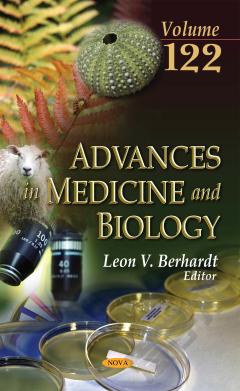

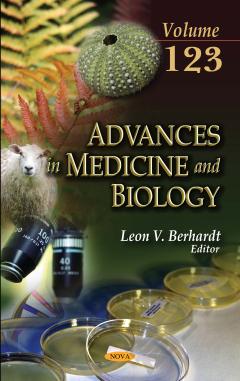
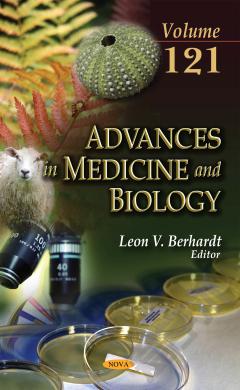
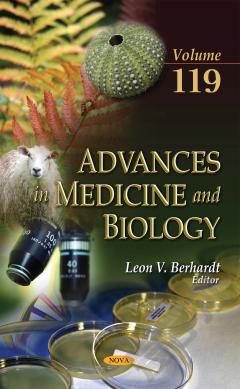
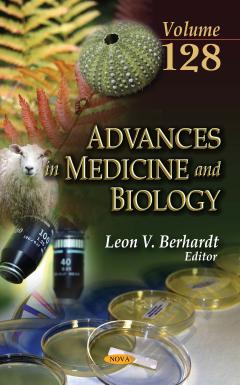

 京公网安备 11010802027623号
京公网安备 11010802027623号